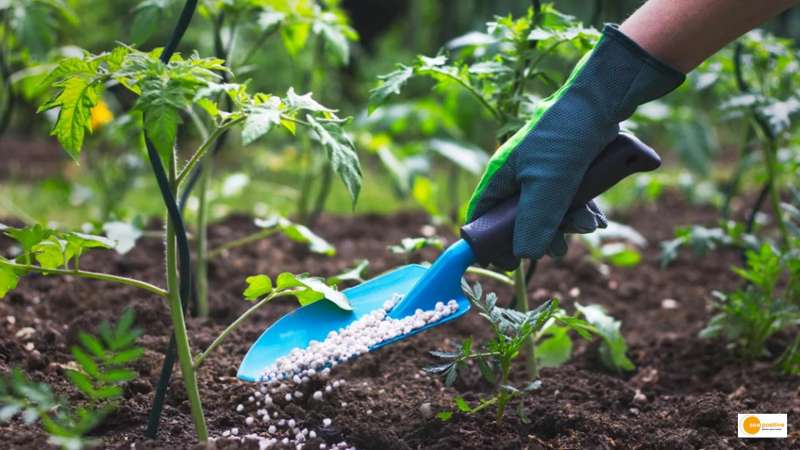

Nano fertilisers are nanotechnology-enhanced versions of traditional fertilisers, fertiliser bulk materials extracted from various vegetative or reproductive parts of the plant using various chemical, physical, mechanical, or biological methods.
They are used to improve soil fertility, productivity, and the quality of agricultural outputs. Rock phosphate is used in nano form may increase the availability of phosphorus to the plant because direct application of rock phosphate nanoparticles on the crop may prevent fixation in the soil, similarly, there is no silicic acid, iron, and calcium for fixation of the phosphorus hence it increases phosphorus availability to the crop plants.
Important properties of nano fertilizers which facilitate higher nutrient use efficiency
The nano-fertilizers have a higher surface area, owing to the very small particle size, which provides more sites to facilitate the various metabolic processes in the plant system, resulting in the production of more photosynthates. Because of their large surface area and small size, they are highly reactive with other compounds. They are highly soluble in a variety of solvents, including water. Nano-fertilizers contain particles that are smaller than 100 nm in size, allowing for greater plant penetration from the applied surface, such as soil or leaves.
Achievements of nano-fertilizers
Nano fertilisers play a larger role in crop production, and several research studies have found that nano fertilisers improve crop growth, yield, and quality parameters, resulting in higher yield and higher quality food products for human and animal consumption.
Health:
Some nutrient is also responsible for disease resistance in the plant and due to the availability of nano nutrient to the plant, it prevents disease, nutrient deficiency, and other biotic and abiotic stress which indicate that nano fertilizers enhance the overall health of the plant. ZnO nano-particles are also helpful to plants under stress conditions.
Advantages of nano fertilizers over traditional fertilizers
Nano fertilizers are advantageous over traditional fertilizers as they increase soil fertility yield and quality parameters of the crop, they are non-toxic and less harmful to the environment, and they minimize cost and maximize profit. Improvement in the nutritional content of crops and the quality of the taste. Optimum use of iron and increased protein content in the grain of wheat. Enhancing plant growth by resisting diseases and improving the stability of the plants by anti-bending and deeper rooting of crops also suggested that balanced fertilization to the crop plant may be achieved through nanotechnology.
Effects of nano-fertilizers on seeds germination & growth parameters of the plant
Several studies found that nano fertilizers significantly impact seed germination and seedling growth, which revealed their impact on seeds and seed life. Nano fertilizers may easily penetrate seeds and enhance nutrient availability to developing seedlings, resulting in healthier plants with longer shoots and roots. However, if the concentration is higher than the ideal level, it may delay plant germination and seedling growth. Nano fertilizers increase the availability of nutrient to the growing plant which increases chlorophyll formation, photosynthesis rate, and dry matter production and result in improve overall growth of the plant.


